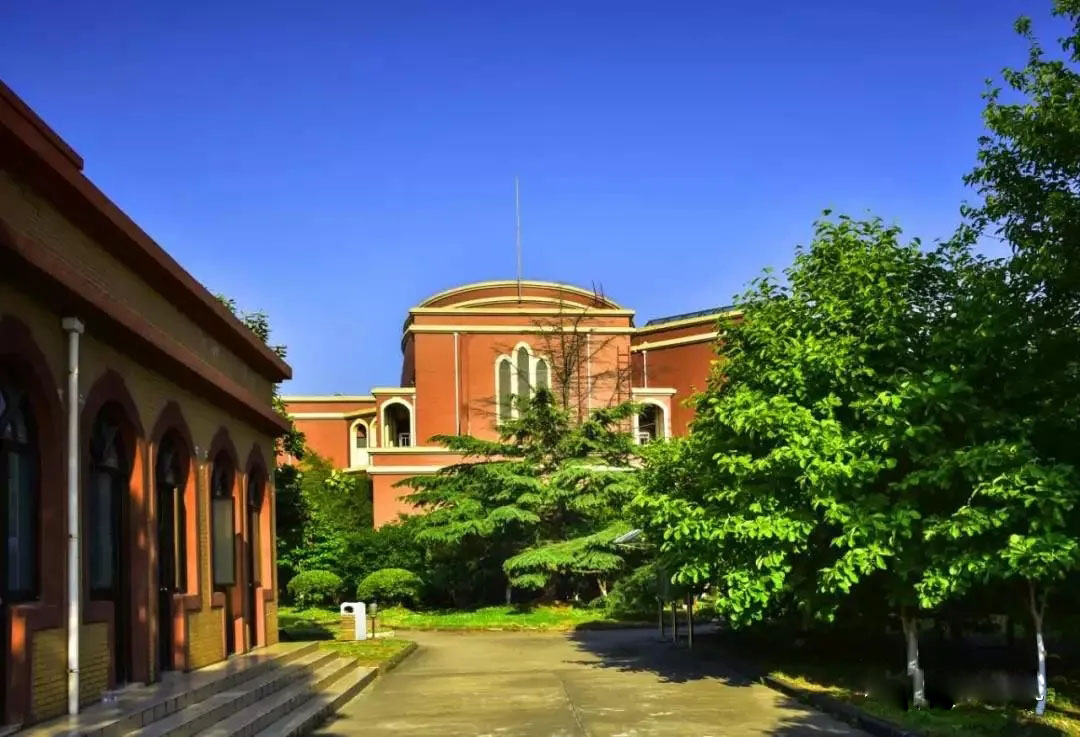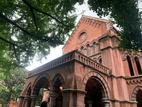Ordinary male seminarians in rural churches have many difficulties after their theological studies, so I hope that more believers can see this and think of better ways to improve their living state in the church, and the church can inspire young people to devote themselves, rather than hindering their devotion.
The church is a place of love, but there is still a gap in reality. “Free” seminarians who are expected to be unpaid in the church are perceived by believers to be more confident and unsophisticated than full-time, salaried ones. However, they forget that seminarians also need daily supplies to survive, and also have the necessary expenditure of worldly wisdom.
It is said that urban church members not only understand that pastors should get paid but also expect them to live decently, whereas in rural churches this is not the case. When they hear that seminary students don’t get paid, or when they get paid 1,000 or 2,000 yuan a month, rural church members would say, “It’s a blessing for you to serve the Lord at such a young age. Thank God!". But when they hear that the seminarians are getting more than three thousand yuan, they would say, “Huh? How much they get paid! What do they do all day? Don’t they just preach sermons? Is it being dedicated to God? So it’s all about the money.”
Now, with the rapid economic development, the church has a rich and poor gap between believers, and between pastors. In addition, prosperity theology has affected the church for many years, and poor pastors are despised even by poor believers. If a pastor is poor for a long time and no believers are willing to help him, it seems that he has no gift and is not God’s chosen person, so believers will not take him seriously. Some believers also bully pastors who have no money or power.
Some may not like it when a young believer in a rural church goes back to the church to serve after studying theology. If he is too excellent, jealousy may appear. If idle for a long time, the gifted would then also become ordinary. If he studies theology and his gift is not obvious, he may be said to be a hired hand, and people would say that the church keeps idle people.
The situation would be much better with the second generation of pastors, as they are brilliant and their parents are pastors or church leaders. Even when they had ordinary gifts, they could be properly arranged with many opportunities to practice. But for ordinary seminarians, I am afraid that they would suffer for a long time.
Seminarians of rural churches who go out of work to study theology and preach often have a debt to their parents and children. I have seen many children of financially disadvantaged pastors, who do not live a life of physical abundance, without enough company from their parents. Not good at studying, their vision is not big when they grow up, because they were always short of something in their childhood. What a debt to the children! Some pastors are able to continue to serve in rural churches only with the help of their parents and the support of their spouses.
Are rural church pastors poor after they study theology? Are there no exceptions? Yes, but that’s very rare. For example, there are very few people who are gifted, who are recognized by leaders, and loved by believers. They are the only ones who have a good income.
In the 21st century which is the era of talents, local governments and enterprises offer quite favorable conditions to attract persons with ability. But the church is still debating questions such as: "should the divinity students be paid", "how much should they get paid", "should the church pay social security for the pastor", "are seminarians motivated by greed for money", or "could seminarians be hired hands?" If the church is to take root in this era of rapid development, develop healthily, and influence society, it must have a reserve of young talents.
(The article is originally published by the Gospel Times, and the author is a pastor in Jiangsu Province.)
- Translated by Nicolas Cao












